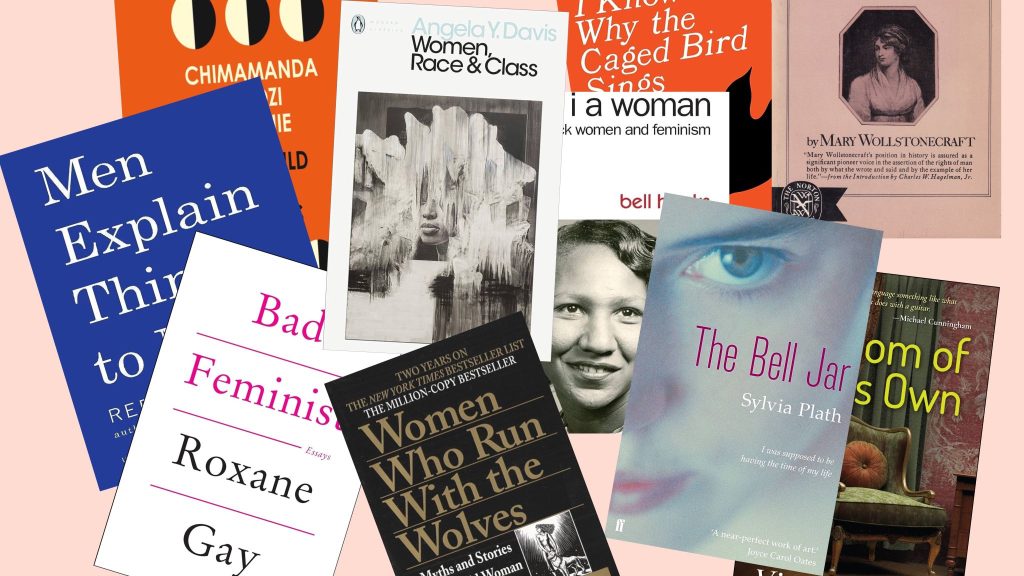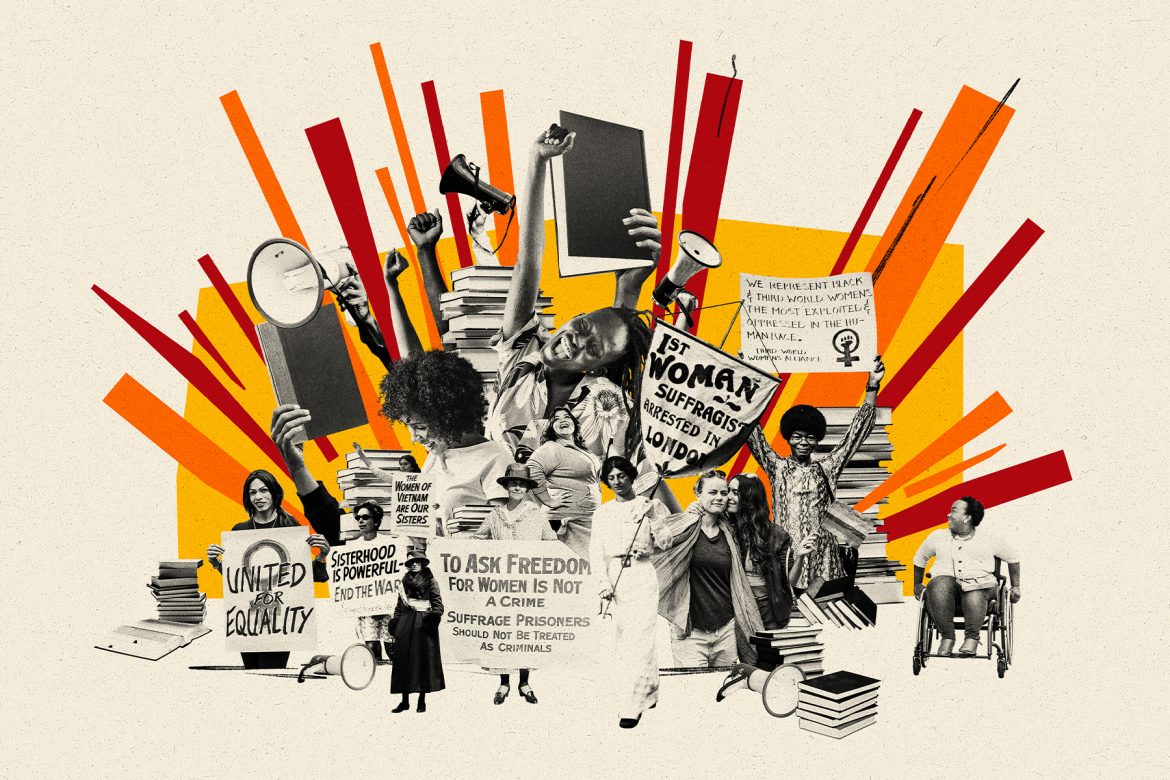Feminist literature is a body of work that examines and challenges traditional gender roles, explores women’s experiences, and advocates for gender equality and social justice. It encompasses a diverse range of genres and perspectives, reflecting the complexities of gender, identity, and societal structures. This article delves into the significance, evolution, and impact of feminist literature, highlighting its contributions to literature and social discourse.

The Emergence of Feminist Literature
- Historical Roots: Feminist literature has deep historical roots, emerging as a response to the marginalization and misrepresentation of women in literature and society. Early feminist texts, such as Mary Wollstonecraft’s “A Vindication of the Rights of Woman” (1792), laid the groundwork for feminist thought and literature by advocating for women’s rights and equality.
- First Wave Feminism: The first wave of feminist literature, which began in the late 19th and early 20th centuries, focused on issues such as suffrage, education, and legal rights. Writers like Virginia Woolf and Kate Chopin challenged societal norms and explored the limitations placed on women in their works.
- Second Wave Feminism: The second wave of feminism, spanning the 1960s to the 1980s, brought increased attention to issues of gender, sexuality, and reproductive rights. Feminist literature from this period, including works by authors like Simone de Beauvoir, Audre Lorde, and bell hooks, addressed the intersectionality of gender with race, class, and sexuality.
- Contemporary Feminist Literature: Contemporary feminist literature continues to evolve, incorporating diverse voices and exploring a wide range of issues related to gender and identity. Modern feminist writers, such as Chimamanda Ngozi Adichie, Roxane Gay, and Margaret Atwood, address themes such as intersectionality, representation, and global feminism.
Key Themes in Feminist Literature
- Gender Roles and Identity: Feminist literature often explores and critiques traditional gender roles and expectations. It examines how societal norms shape individuals’ identities and experiences, challenging stereotypes and advocating for more fluid and inclusive understandings of gender.
- Subverting Norms: Works like “The Handmaid’s Tale” by Margaret Atwood and “Orlando” by Virginia Woolf subvert traditional gender norms and explore the implications of rigid gender roles.
- Empowerment and Agency: Empowerment and agency are central themes in feminist literature, with a focus on women’s self-determination, autonomy, and resistance against oppression.
- Personal and Political Agency: Books like “The Color Purple” by Alice Walker and “The Bell Jar” by Sylvia Plath depict women’s struggles for personal and political agency in the face of societal constraints.
- Intersectionality: Intersectionality refers to the interconnected nature of social categorizations such as race, class, and gender, and how they create overlapping systems of discrimination and privilege. Feminist literature often addresses the experiences of women at the intersection of multiple identities.
- Multifaceted Experiences: Works by authors like Audre Lorde and Kimberlé Crenshaw highlight the complexities of intersectional identities and advocate for more inclusive and nuanced feminist perspectives.
- Reproductive Rights: Reproductive rights, including access to contraception, abortion, and maternal healthcare, are significant themes in feminist literature. These works examine the impact of reproductive policies on women’s lives and advocate for reproductive justice.
- Exploring Autonomy: Books like “The Cider House Rules” by John Irving and “Pro” by Katha Pollitt address issues related to reproductive choice and autonomy.
- Violence and Trauma: Feminist literature often addresses issues of violence and trauma, including domestic abuse, sexual assault, and systemic violence against women. These works shed light on the experiences of survivors and advocate for justice and healing.
- Narratives of Resistance: Novels such as “The Lovely Bones” by Alice Sebold and “Speak” by Laurie Halse Anderson explore the impact of violence on individuals and communities and highlight narratives of resistance and recovery.
- Representation and Visibility: Representation and visibility of women and marginalized groups in literature are key concerns in feminist writing. Feminist literature seeks to amplify diverse voices and provide more accurate and inclusive portrayals of women.
- Challenging Stereotypes: Authors like Zadie Smith and N.K. Jemisin work to challenge stereotypes and provide multifaceted portrayals of women’s experiences and identities.
- Social and Political Change: Feminist literature often engages with social and political issues, advocating for systemic change and social justice. It reflects and contributes to feminist movements and political activism.
- Activist Literature: Books like “Sister Outsider” by Audre Lorde and “Feminism Is for Everybody” by bell hooks serve as both literature and activism, addressing social justice issues and promoting feminist ideals.

The Impact of Feminist Literature
- Literary Influence: Feminist literature has significantly influenced literary criticism and theory, contributing to the development of feminist literary criticism and challenging traditional literary canon formation.
- Social Change: By addressing and critiquing societal norms and structures, feminist literature has played a role in advancing social change and promoting gender equality. It has raised awareness of women’s issues and inspired activism and reform.
- Cultural Representation: Feminist literature has contributed to more diverse and inclusive cultural representation, providing a platform for voices that have historically been marginalized or overlooked.
- Educational Value: Feminist literature is used in educational settings to explore issues of gender, identity, and social justice, fostering critical thinking and discussions about gender and equality.

Conclusion
Feminist literature represents a powerful and transformative force in literature and society. By examining and challenging gender norms, advocating for social justice, and amplifying diverse voices, feminist literature contributes to a more inclusive and equitable world. As the genre continues to evolve, it will undoubtedly remain a vital component of literary and cultural discourse, reflecting and shaping our understanding of gender, identity, and social change.


